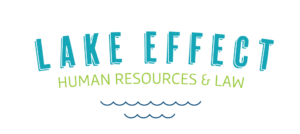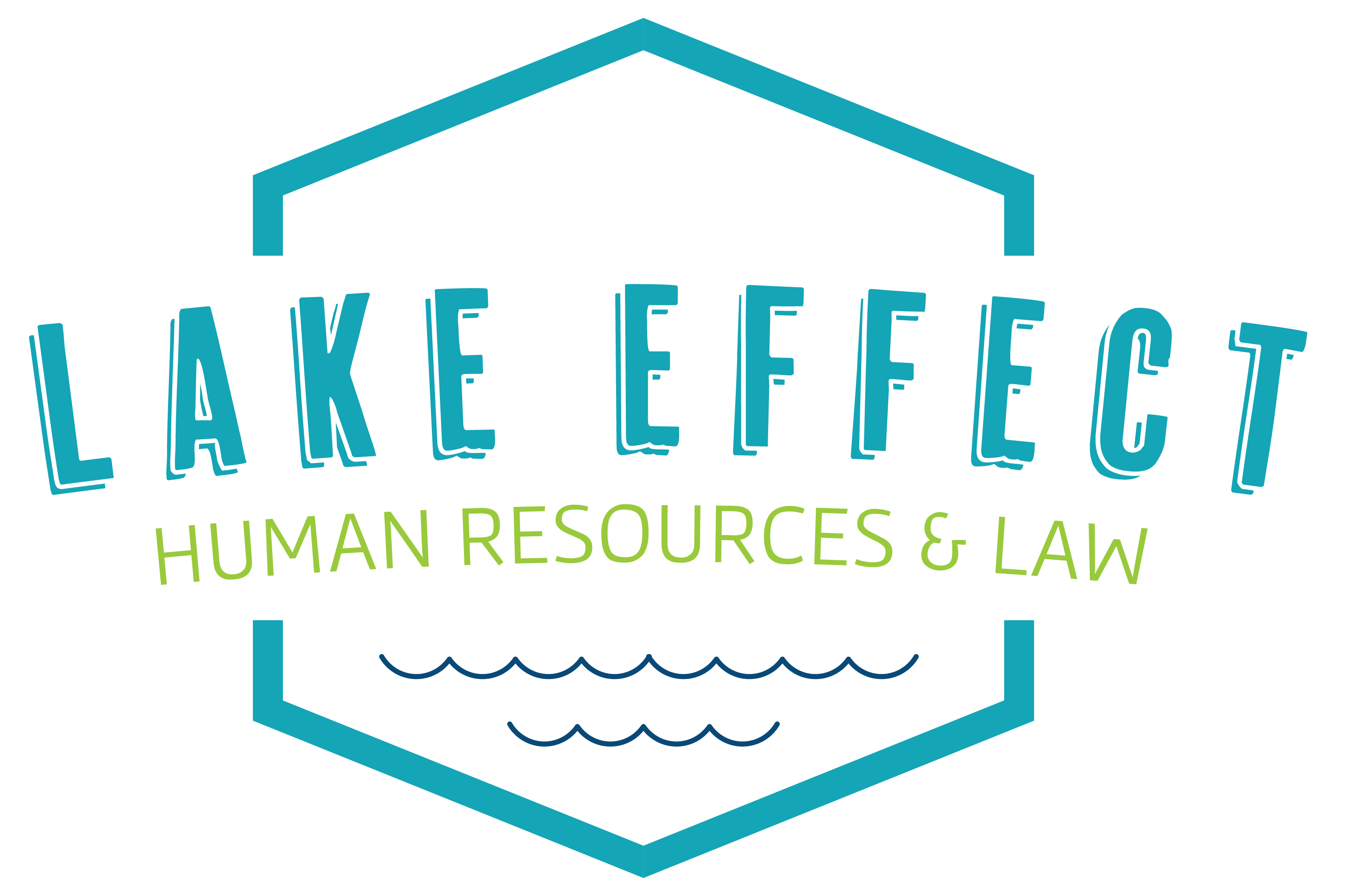EEOC Cautions Employers That AI Selection Tools Can Have Unlawful Disparate Impact

On May 18, 2023, the EEOC issued a technical assistance guide on the use of artificial intelligence tools in employment selection procedures under Title VII, which is the federal anti-discrimination law. The guidance recognizes employers’ increasing use of AI-developed algorithmic decision-making tools in hiring, promotion, and firing. Such tools may include software designed for resume-screening, […]
Employers: Heed Recent Guidance on PUMP Act

WHD’s recent guidance provides further details about requirements and potential remedies for violation of the Act.
NLRB Scrutiny Requires Review of Employee Agreements

Based upon the NLRB’s recent decision in McLaren Macomb (February 23, 2023) and related General Counsel Memorandum 23-05 (March 22, 2023), employers (whether unionized or not) should review severance and other employment agreements containing confidentiality, non-disclosure, or non-disparagement provisions to ensure compliance with the Board’s restrictive new standards. In McLaren Macomb, the NLRB examined severance […]
Commit to a Healthy Organization for 2023; Conduct an HR Check-Up

It’s the start of a new year when many of us commit to personal goals and healthy resolutions. For employers, the new year presents a valuable opportunity to conduct an HR check-up, evaluating and updating HR policies and practices to ensure legal compliance while attracting and retaining a diverse, engaged, and talented workforce. Consider the following […]
Benefits Limits for 2023

Each year, the IRS sets new limits for employee benefits plans and retirement plans. Please see below for Lake Effect’s ready reference chart setting forth the Benefits Limits for the 2023 tax year. A PDF of this information is available here. 2022 2023 Flexible Spending Accounts (FSAs) Healthcare FSA max election […]
EEOC Issues Updated “Know Your Rights” Poster

On October 19, the United States Equal Employment Opportunity Commission (EEOC) issued an updated “Know Your Rights: Workplace Discrimination Is Illegal” poster. The poster replaces the prior “EEO is the Law” poster. It summarizes federal employment laws and explains steps individuals can take if they believe they have experienced any form of prohibited discrimination. Employers […]
Employers Face New Challenges Under Colorado’s Revised Non-Compete Law

Effective August 10, 2022, employers who aim to protect business interests by requiring employees in Colorado to sign non-compete and customer non-solicit agreements will face new challenges under amendments to Colorado’s restrictive covenant law. Key provisions include the following: Post-employment non-compete agreements, including customer non-solicitation agreements, are presumed void unless all of the following are […]
COVID-19’S Continuing Workplace Impact: EEOC Revises Pandemic Guidance Again

On July 12, 2022, the EEOC issued updated COVID-19 guidance for employers, reflecting the ever-changing but persistent impact of the virus on the workplace. Key updates include the following: Workplace COVID-19 testing Previously, employers could require COVID-19 testing (although it is a medical exam under the ADA) because the EEOC recognized that a person with […]
Chicago Releases Anti-Harassment Model Language and Poster

By July 1, 2022, Chicago employers must adopt a written policy prohibiting sexual harassment and display the poster detailing the ordinance.
Chicago Expands Anti-Harassment Laws

Beginning July 2022, Chicago will require employers to provide employees with additional training, a new written policy, and a new posted policy on sexual harassment.

